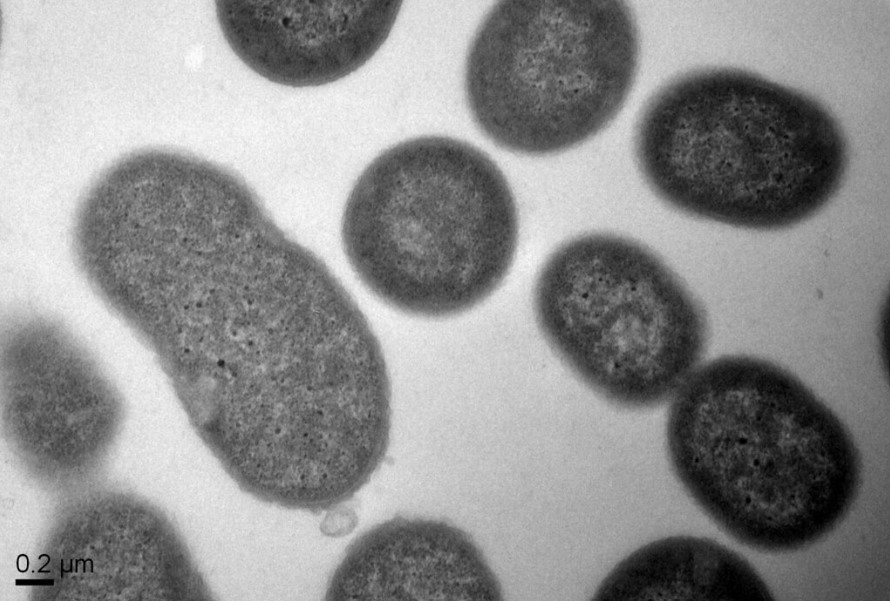How did Elon Musk grow his hair back? 6 Options
If you are currently reading this article, you’ve probably noticed that Elon’s hair has changed quite a lot and looks
Your thyroid is an often overlooked, yet essential, part of your bodily functions. The thyroid is a butterfly-shaped gland that is located in the front of your neck. From there, it produces hormones that help to regulate some of your body’s most important systems, like your metabolism.
If your thyroid isn’t functioning correctly, you may be getting either too many or too few hormones. When your thyroid underproduces hormones it is known as hypothyroidism, and when your thyroid produces an overabundance of hormones, it is called hyperthyroidism. In either case, this can lead to a variety of symptoms of both a physical and mental nature.
There are a variety of different causes of thyroid issues:
Birth is another cause for thyroid issues, with between 5% and 9% of mothers suffering from a temporary period of postpartum thyroiditis and a small percentage of newborns being affected by a non-functioning thyroid gland.
Along with the variety of different causes for both hypothyroidism and hyperthyroidism, there is a battery of different symptoms that can wreak havoc on one’s mental and physical faculties. Here are some of the most common symptoms, along with suggestions for how to address them.
Weight gain is one of the more common concerns with thyroid issues, due to the gland’s intimate connection with your metabolism. Thyroid hormones play a key part in regulating body weight and food intake.
Those suffering from weight gain related to a thyroid issue should consult with their doctor or another medical professional to find a nutritious diet that will help address their thyroid’s needs.
Hair loss can be a long-term symptom of both hyperthyroidism and hypothyroidism.
There are multiple ways to address hair loss concerns. Talking with your doctor and building a strategy to correct your diet is the first step. In addition, you can use a quality hair loss product to help restore your lost hair’s health and improve its thickness and appearance.
Along with weaker hair, thyroid issues can affect your body’s largest organ. Dry, coarse, thin, pale, and even scaly skin are common symptoms of a more sinister thyroid problem.
While you can address the issue in the short term with moisturizing lotion and skincare products, the only permanent solution is to meet with a medical professional and find a way to correct your thyroid’s imbalance of hormone production.
Fatigue is a common symptom of a lack of hormones. If you feel excessively tired, even after resting, you may have a deeper thyroid concern to address, specifically hypothyroidism. While you can do your best to take it easy, truly restoring your energy levels requires booking an appointment with your doctor in order to properly address the underlying issue.
Another symptom specifically associated with hypothyroidism is feeling persistently cold. If you can’t seem to warm up, no matter how close to the heater you sit, you may be struggling with a thyroid issue.
The effect on your metabolism can lead to lower core body temperatures. However, feeling cold can also be attributed to other conditions, like circulation problems, and talking with a doctor is always advisable before making a self-diagnosis.
If you’re suffering from hypothyroidism, you may find that you have sore muscles and achy joints. These symptoms can manifest as stiffness, swelling, general aches and pains, and a feeling of tenderness or weakness.
Research also indicates that a thyroid disorder — especially an autoimmune one — may be closely linked to rheumatoid arthritis. If you suspect this to be the case, you will want to consult with your doctor and take steps to medically treat both issues.
Hypothyroidism can lead to intense mood swings and depression. Along with moodiness and depression, untreated hypothyroidism can also lead to trouble concentrating.
As you address the deeper thyroid-related concerns, you can help increase your concentration and fend off the gloom by:
The influence that your thyroid has on your digestion system means an off-kilter thyroid can lead to issues with your bowel movements.
As your digestion slows, especially with hypothyroidism, your food can struggle to move through your gut. This can lead to constipation. Once again, you should address your thyroid issues by consulting with a medical professional. In the meantime, you can try to naturally increase the ease and frequency of your bowel movements by:
Having a thyroid issue can lead to irregular or heavy menstruation, and thyroid issues can also crop up during menopause. Thyroid hormones interact with the hormones associated with a woman’s cycle, and when one of these is off-balance, it can affect the other. If you’re struggling with irregular or excessively heavy periods, you may want to have your physician check to see if your thyroid is the root of the problem.
If you are currently reading this article, you’ve probably noticed that Elon’s hair has changed quite a lot and looks

How Does Swimming Affect Your Body? Individuals swim for a variety of reasons including recreation, competition, and health. Regardless of

Lifestyle Tips For Better Overall Health The way you go about your daily life has a massive and direct impact

How Do Infections Work and What Are Their Effects on the Body? From Hippocrates’s writings about the spread of disease

How To Make a Good Impression in a Job Interview When it comes to getting a job, interviewing may seem